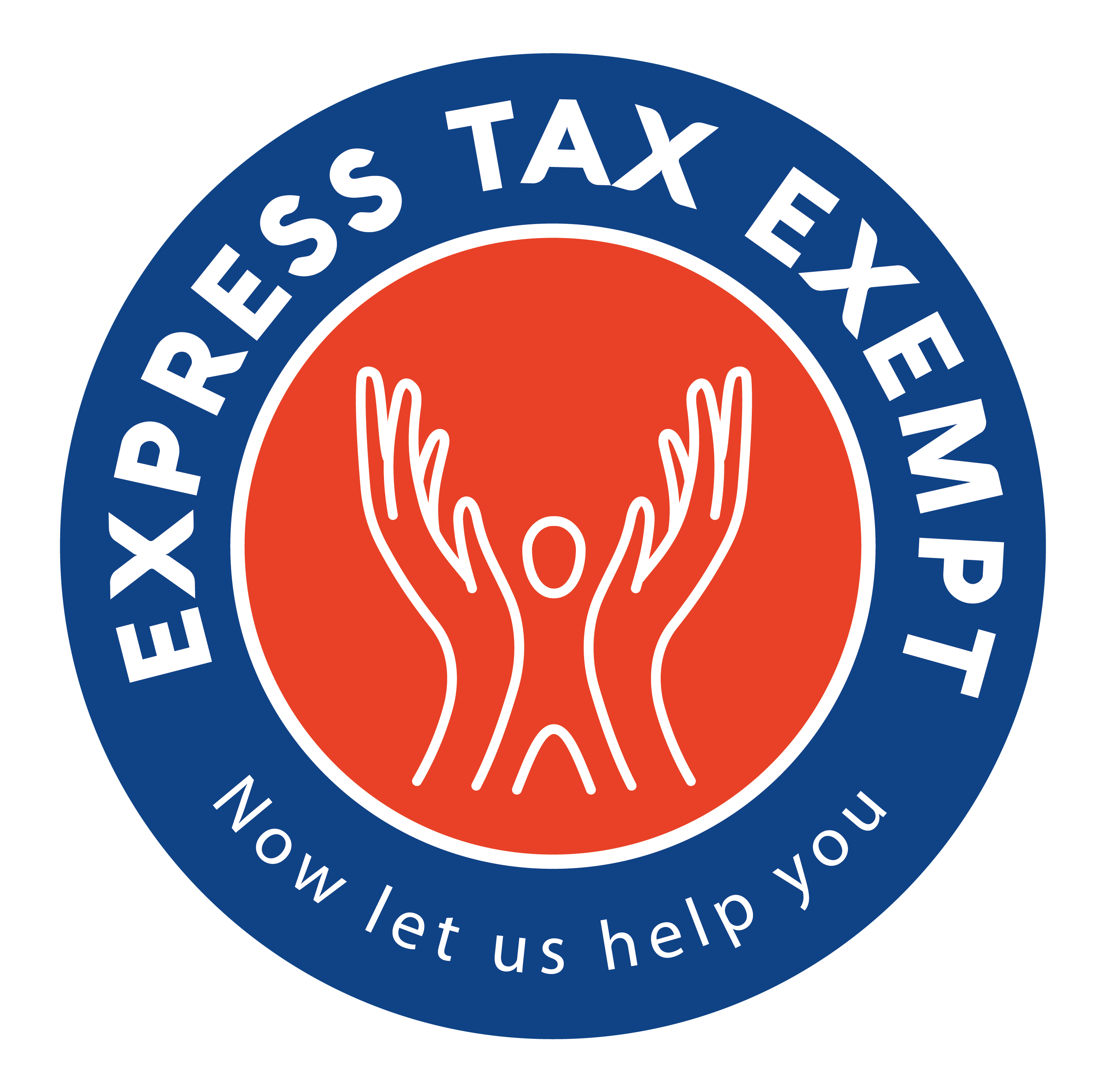Can Nonprofits Still Get Taxed?
According to Washington’s Department of Revenue, nonprofit groups in the state get taxed like any other business; they are also responsible for B&O tax on revenues from business activities, sales tax on goods and services purchased as consumers, and they must charge a sales tax for items and services offered. In this particular situation, the only exemption is for a government or quasi-government group like humane societies providing similar services.
Other private animal shelters and advocates have spoken how animal adoptions are not sales but require fees for pet licensing; they’ve also exclaimed how exceptions for government-sponsored animal shelters are double standards. Back in Eatonville, the founder of the small animal rescue explained that revenue from adoption fees goes directly to providing veterinary and dental services for animals in their care. And the organization is maintained entirely by volunteers.
While it is quite possible for nonprofit organizations to have taxes imposed, under normal circumstances, it depends on how the revenue gets generated. If a tax-exempt group makes money from activities or services that have nothing to do with their exempt purpose, it gets taxed. Likewise, revenue spent on anything non-related to the exempt purpose gets taxed. And you also have your normal wage taxes for any paid employees or officers.
The Washington state Department of Revenue has since then vetoed their decision to impose retail taxes on adoption fees; however, this resolution has remained inconsistent throughout the state. In 2016, a bill was introduced in the Senate suggesting tax improvements and licensing laws governed by the Department of Revenue. The bill presents a formalized policy prohibiting retail sales tax from animal adoption fees charged by nonprofit animal organizations.
If you have questions or concerns about taxable revenue generated by your nonprofit or charity, please speak with a local tax professional – you may have to file additional returns along with your IRS 990 form to correctly report taxed income.
Related Posts
-
 Don’t Forget About The February 15 Deadline
No Comments | Feb 15, 2018
Don’t Forget About The February 15 Deadline
No Comments | Feb 15, 2018 -
 The Nonprofit Summer Checklist
No Comments | Jun 6, 2017
The Nonprofit Summer Checklist
No Comments | Jun 6, 2017 -
 Reporting Bad Debt, Medicare, & Collection Practices with Schedule H
No Comments | Feb 21, 2017
Reporting Bad Debt, Medicare, & Collection Practices with Schedule H
No Comments | Feb 21, 2017 -
 Political Organizations Can Now File Their Taxes with Ease
No Comments | Aug 29, 2017
Political Organizations Can Now File Their Taxes with Ease
No Comments | Aug 29, 2017

